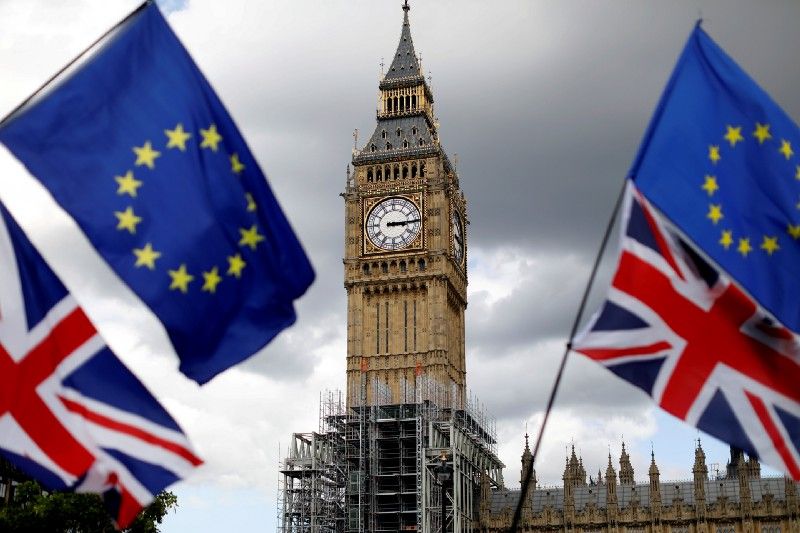Despite last week’s Brexit breakthrough, the road ahead is still littered with obstacles as the UK and EU sit down for the next round of talks this Friday.
Three big problems for British PM Theresa May:
The issues are only getting tougher: May wants to preserve maximal economic integration with the EU while doing away with social and political integration. But the EU more or less insists that the UK can’t have its cake and eat it too — out is out. The next round of negotiations will require genuine tradeoffs.
Her party isn’t fully behind her: May’s own Tory party is split. Last week’s compromise on the Irish border provoked an immediate backlash from pro-Brexit members who viewed it as a capitulation. These Tories won’t accept any final deal that looks too much like the UK is, in fact, still aligned politically with the continent.
The clock is ticking: The two sides have until March 2019 to agree on the future of their economic relationship or else they revert to a very weak level of economic integration mandated by WTO rules — a chaotic outcome which would hit the British economy hard. Are the roughly 500 days between now and then enough? Trade negotiations typically take years, if not decades, to complete.
Why does it matter? Despite last week’s breakthrough, Brexit will remain one of the big geopolitical cliffhangers of 2018.
